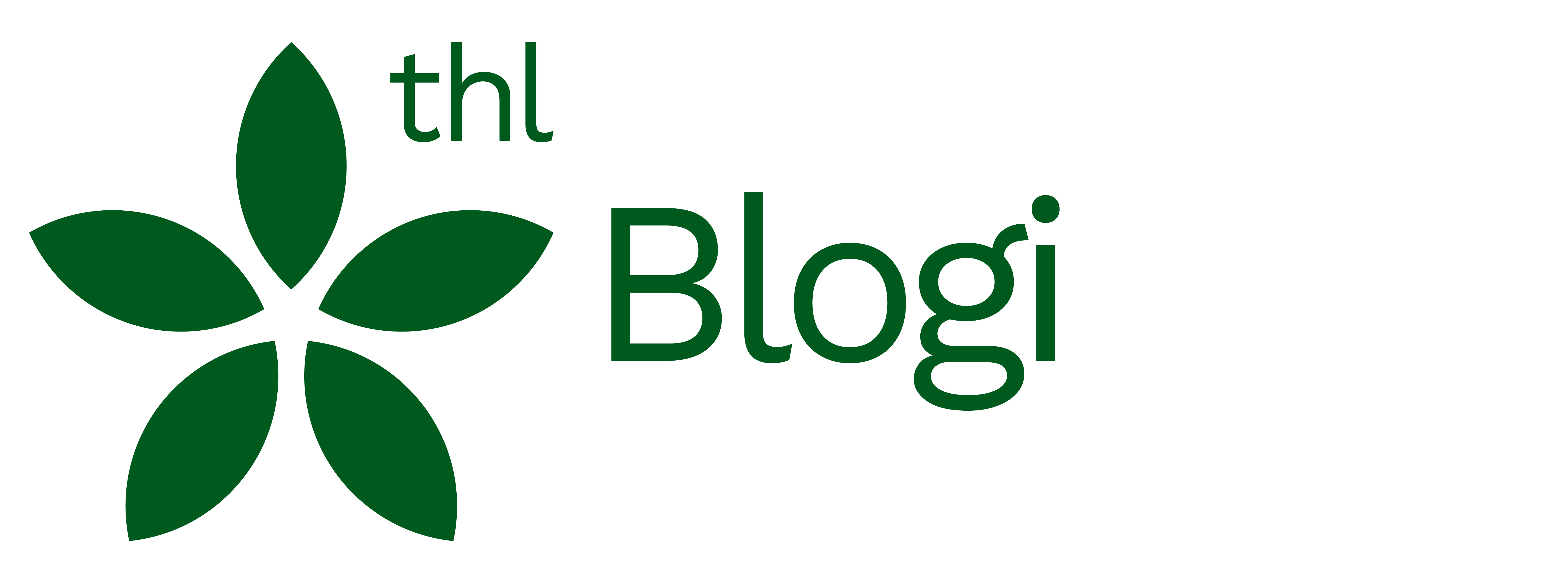Positive mental health, mental wellbeing, psychological wellbeing, what do they all mean? Without going into detail, they all refer to positive aspects of mental health that is, things that help us feel good and function well.
Measuring mental wellbeing is possible by rating questions such as “I’ve been feeling good about myself” or “I’ve been dealing with problems well” as in the Warwick-Edinburgh Mental Wellbeing Scale (WEMWBS).
Being able to measure mental wellbeing is informative in many different contexts for example for evaluating interventions or when practitioners want to assessing individual levels of mental wellbeing.
Mental wellbeing literacy – what we know about mental wellbeing
Mental wellbeing literacy is a new concept defining how we understandwhat supports our mentalwellbeing. Also called positive mental health literacy, itis a new area for development for the Mental Health Promotion Group at THL.
Measuring mental wellbeing literacy is possible by asking questions about what it is that makes us feel good and function well, for example by rating questions such as “Feeling valuable is important for mental wellbeing” or “Our daily environment (e.g., facilities, nature, external irritations) influences our mental wellbeing”.
The more we know about what we need to feel good and function well, the more likely we are to do these things. Furthermore, a better understanding of mental wellbeing literacy can:
- help us to understand possible links to other health outcomes,
- help evaluate mental health courses and interventions,
- be useful for practitioners wishing to assess individuals’ literacy around mental wellbeing,
On population level, measuring mental health literacy can be useful for policy makers developing evidence informed actions for mental health promotion.
A new Mental Wellbeing Literacy Scale under development
The MUKANA project (2023-2024) is developing a new Mental Wellbeing Literacy Scale and piloting it in four different municipalities in Finland. Development started with a recent systematic review (Cresswell-Smith et al., 2023) which found very few existing measures specifically focusing on mental wellbeing literacy, and identified some key areas for development. In a second step we engaged 33 leading mental health experts in a Delphi survey to explore what specific questions we need to include in the new scale.
Next steps include testing questions qualitatively in focus groups, and quantitively to establish validity and reliability.
The Mental Wellbeing Literacy Scale is being developed as part of the National Mental Health Strategy 2020–2030 and is expected to be ready at the end of 2024, although development will continue in different contexts even after that. For more information, please contact Johanna Cresswell-Smith.
